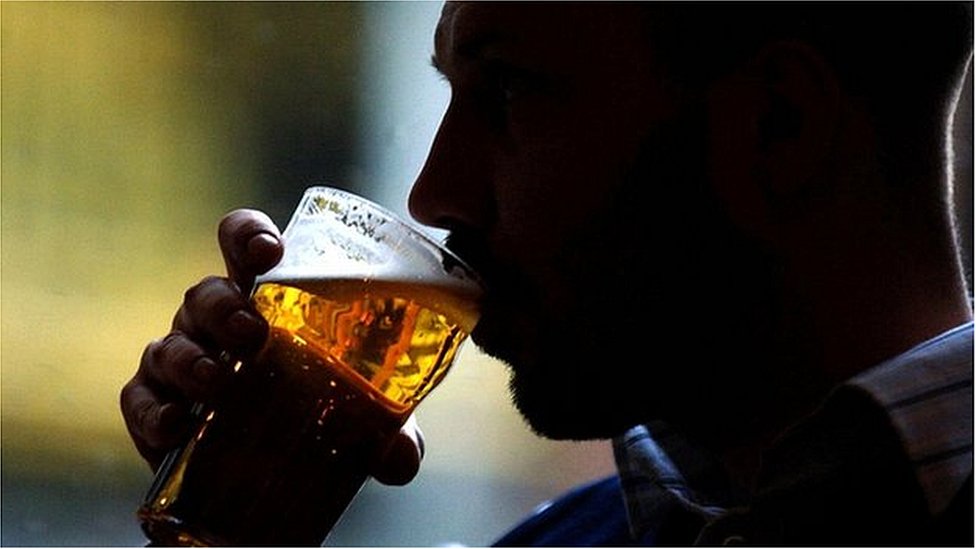You may have heard of this, that you are 80% of what you eat and 20% of other external factors such as exercise. So no matter the amount of exercise you do, your food intake will matter. There are several things that you need to consider about your food. These include;
- Intake of sugar
If you want to maintain a healthy weight, sugar is your enemy. Sugary foods and drinks are usually very high in calories. Consuming a lot of these foods will lead to weight gain. Even if you exercise regularly, if you do not cut on sugar intake, you will still gain weight.

The solution is substituting your sugar intake with healthy sources of sugar such as whole grains and non-processed cereals. If you have been used to taking a lot of sugary foods, you can try to slow down the amounts daily. Do not immediately cut the sugar intake as your body may go into sugar shock and you will end up eating even more sugar. So make sure you cut slowly and gradually until you have the sugar intake in control.
2. Calories intake
When most people of calorie intake you think of fattening foods but that is not the case. Calories are the units of energy contained in the food you take. Constantly taking foods with high calories leads to weight gain. On the other hand, if you take too few calories, your body will lose fat and eventually lose muscle mass as well. You, therefore, need to balance the intake and the time of intake as well. Your body needs more energy when you are actively working. If you are in a resting position, the calories you eat to get stored more in the body. This is why you should not eat a lot of calories during the night when going to sleep.
When your body detects inactivity, it stores the calories that it breaks down from food. It is recommended that you eat a minimal amount of food before going to bed.
The most important meal of the day is breakfast; here you need to fuel the body for the day. Make sure that you have a balanced diet in the morning. In the evening keep the meal light and have minimal calories
4. Eating fast foods
These include fried foods such as fries, pizza, burgers and processed pastries such as cakes. Fast foods contain trans fats and sugars. As indicated above, sugar is a key cause of weight gain.
Trans fats have been known to cause low and affect the production of good calories in the body.
That said, it is absolutely necessary to reduce fast food intake in the body. This will help you not only manage your weight but also you will avoid diseases such as heart attacks.
5. Alcohol intake
The truth is alcohol slows down the rate of weight loss in your body, Even if you eat super healthy most of the time, too much alcohol will hinder the process of weight loss. In some cases, it will even lead to weight gain. Why does alcohol reduce your weight gain goals?

In a normal circumstance, the food you eat is broken down into energy units called calories and stored in the body. Alcohol provides much more accessible energy than the breakdown of food. This becomes counter-productive, as all the food will be stored in the body. This is because the body already has the energy it needs. Your body finds alcohol as an easier source of energy and will always store the rest of the energy sources. So the more you take the more stored fat in the body. This is why you will struggle to lose weight as the body always choose the quickest form of energy to use.
Generally, there is a lot you can achieve from just watching your diet. Make sure you have reformed the eating habits such as;
- Drink more water during the day,
- Avoid eating too much food
- Cut down on high calories in take at night or when at rest
- Balance your diet i.e. protein, starches, carbohydrates and minerals and vitamins
